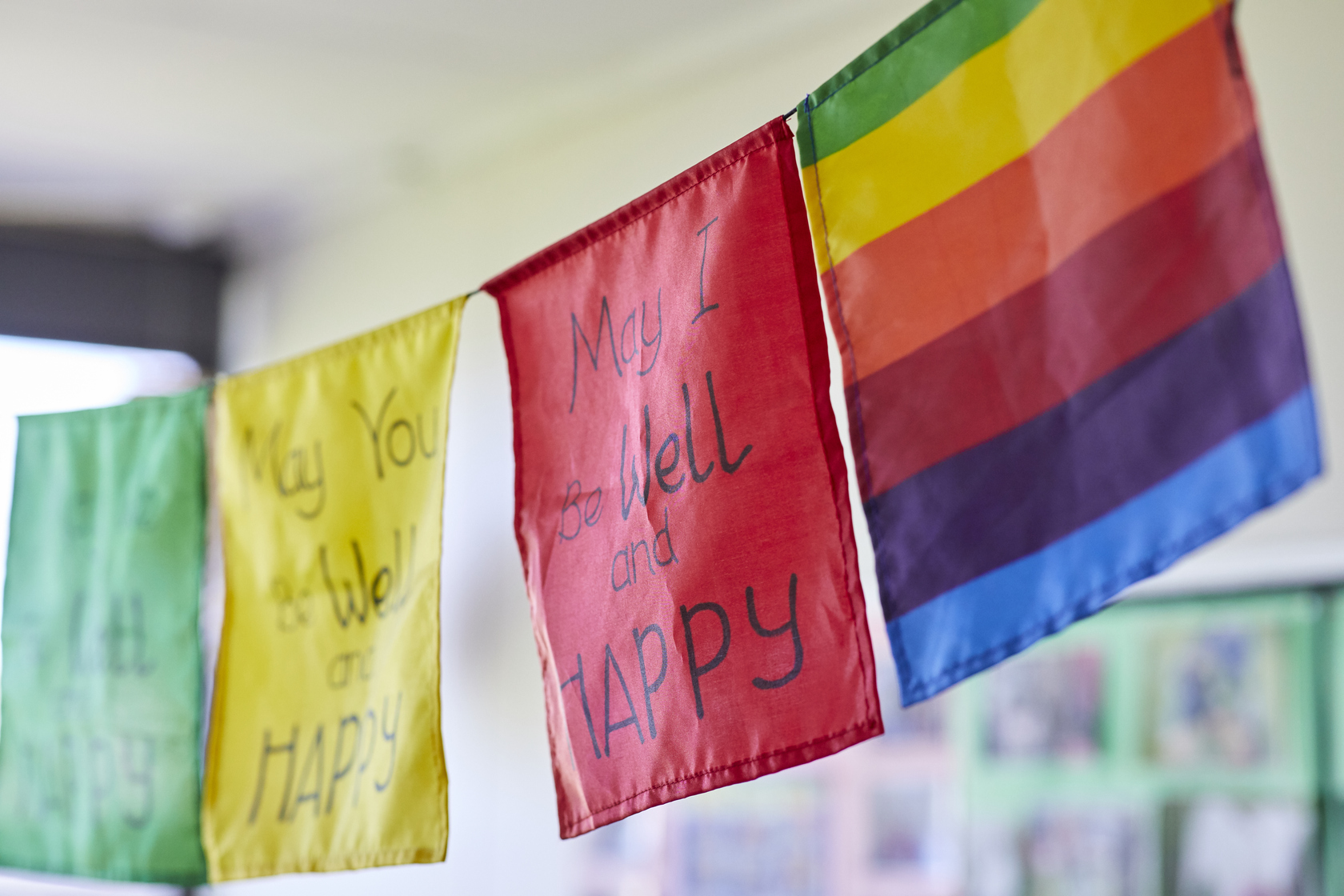On this page
Download this Fact Sheet:
Fact Sheet: Psychological first aid (327.9 KB, PDF)
What is PFA?
Psychological first aid (PFA) consists of strategies to protect people in an emergency that threatens their lives or wellbeing.One of the main aims of PFA is to address practical needs and concerns.
It’s designed to improve people’s capacity to recover by helping them identify their immediate needs, as well as their own strengths and abilities to meet these needs.
An immediate response
The immediate aftermath of an emergency or other traumatic event in the community can be overwhelming. Like physical first aid, PFA is commonly used in the immediate aftermath of a traumatic event to support recovery.PFA can be used in the first hours but also the first days and weeks following an event.
The principles of PFA for children and young people
Psychological first aid for children and young people following a disaster or emergency is based on five principles, described below.
A downloadable tip card on the principles of PFA for children and young people is available from Emerging Minds. The 5 principles are as follows.
Ensure safety
Make sure everyone is as physically safe as possible, including reducing exposure to threat or harm.
Keep calm
Provide a calm environment for children and young people. Strategies include:
- Using a low, calm voice, and managing your own responses and emotions.
- Explaining what has happened using clear facts, and responding to questions honestly but without alarming details.
- Reassuring children or young people you’re there to look out for them.
Connect with others
In the immediate aftermath of a natural disaster or other traumatic event in the community, children and young people may need to be evacuated or moved to a safe environment. In such cases, keep siblings, cousins or family groups together where possible, or provide opportunities for them to connect and be together.
Try to keep in touch with families using phone calls or text messages.
Encourage self-efficacy
Prompting children and young people to meet their own needs, where possible, can be empowering for them. It can also help them to identify their own strengths and abilities to cope.
Examples include:
- Encouraging them to share or suggest something that they’ve used or been shown in the past to calm themselves down. Once they suggest a useful strategy, like ‘slow breathing’, praise them and encourage them to do it with you
- Depending on the child or young person, you could also try giving them age-appropriate tasks, taking care to acknowledge their help when they complete the task.
Have hope
- Reassure children and young people that whatever they’re feeling is normal. Be accepting of every kind of reaction and avoid using phrases like ‘be brave’ or ‘be good’.
- Importantly, assure them these feelings will pass with time, and impart a sense of hope by conveying things will be okay.
Look after yourself
- In order to support others, you need to support yourself. For example, if you need to – and it’s possible – ask another adult to attend to the children and young people in your care so you can take a moment away. Use the time to breathe slowly, have something to eat or drink or talk with other calm adults.
- Looking after yourself and trying to stay calm will help to ensure that everyone in your learning community feels as safe and secure as possible.
Be You resources
For professional development to support children and young people after a natural disaster or other traumatic event in the community, see the Natural disasters and other community trauma and Therapeutic Storytelling modules of the Be You Professional Learning.For resources to look after your own wellbeing, see the Wellbeing tools for educators on the Be You website.
-
Bibliography
Johnston DW, Kung CSJ, Shields MA (2021). Who is resilient in a time of crisis? The importance of financial and non-financial resources. Health Economics, Sept, vol 30, issue 12: 3051-3073
Hobfoll SE et al (2007). Five essential elements of immediate and mid-term mass trauma intervention: Empirical Evidence. Psychiatry, Dec; 70(4): 283-315; discussion 316-69
-
External links
Psychological first aid: An Australian guide (Australian Red Cross, Australia, 2009)
Psychological first aid for children and adolescents (Australian Child & Adolescent Trauma, Loss & Grief Network)
